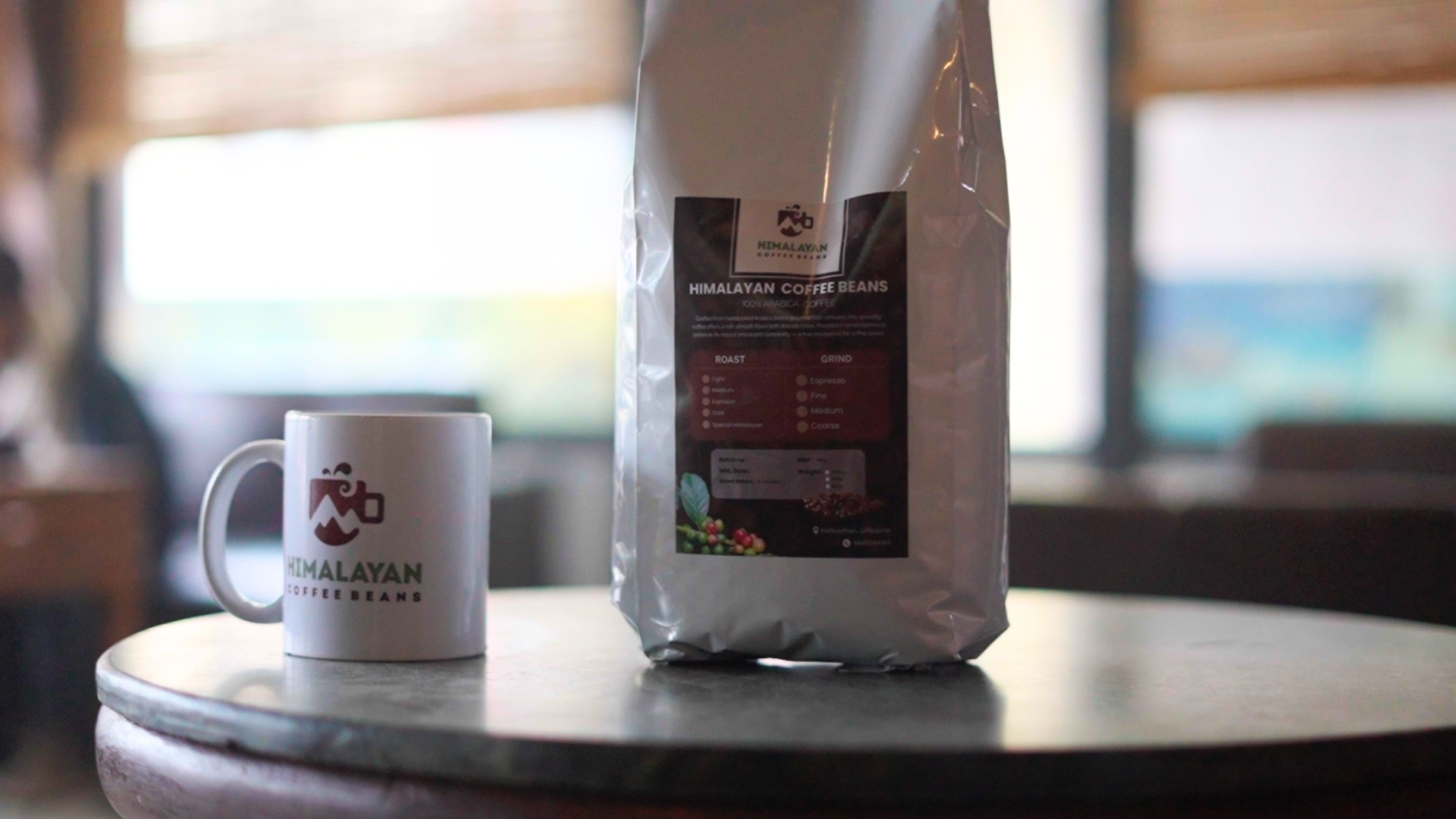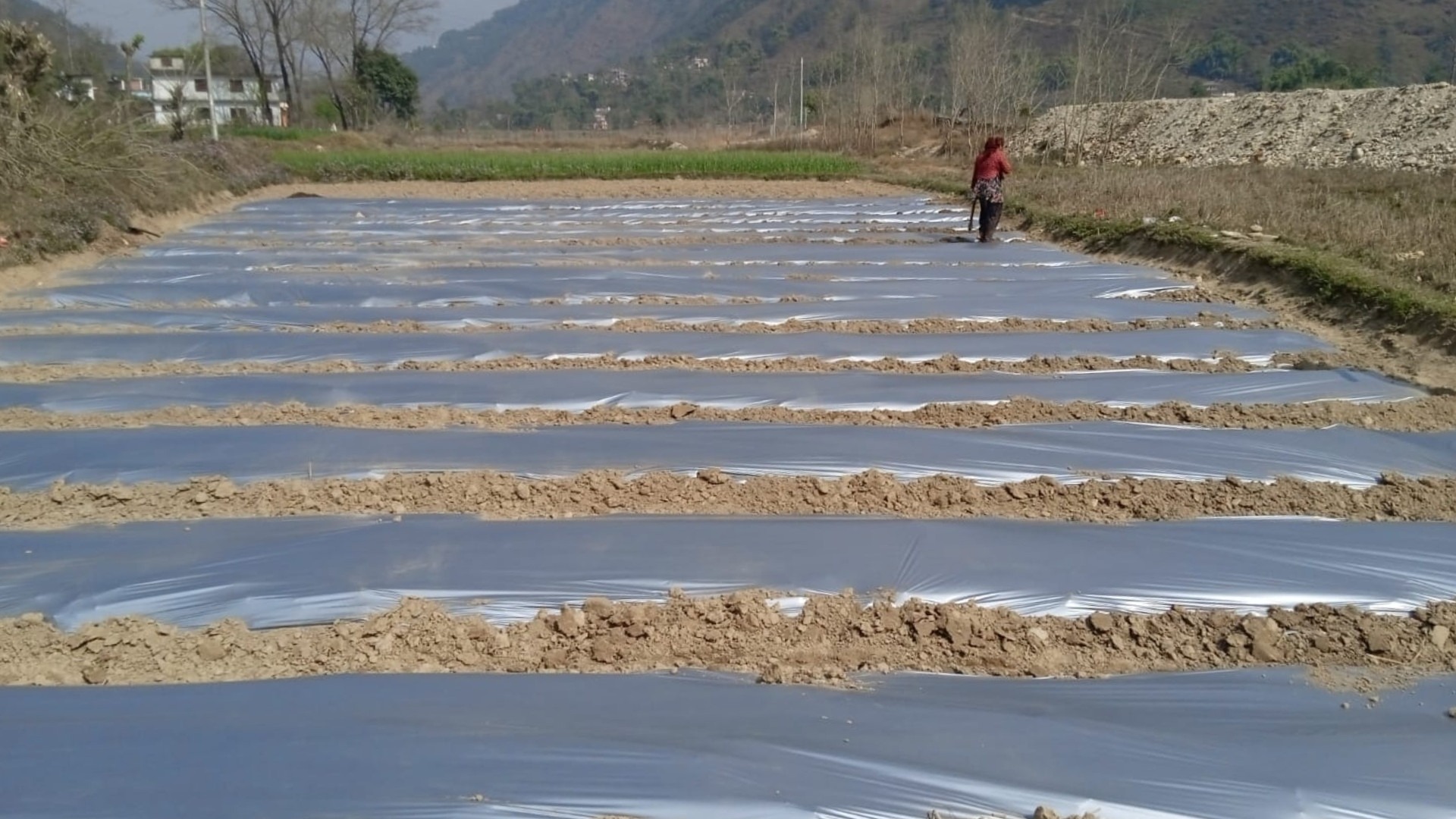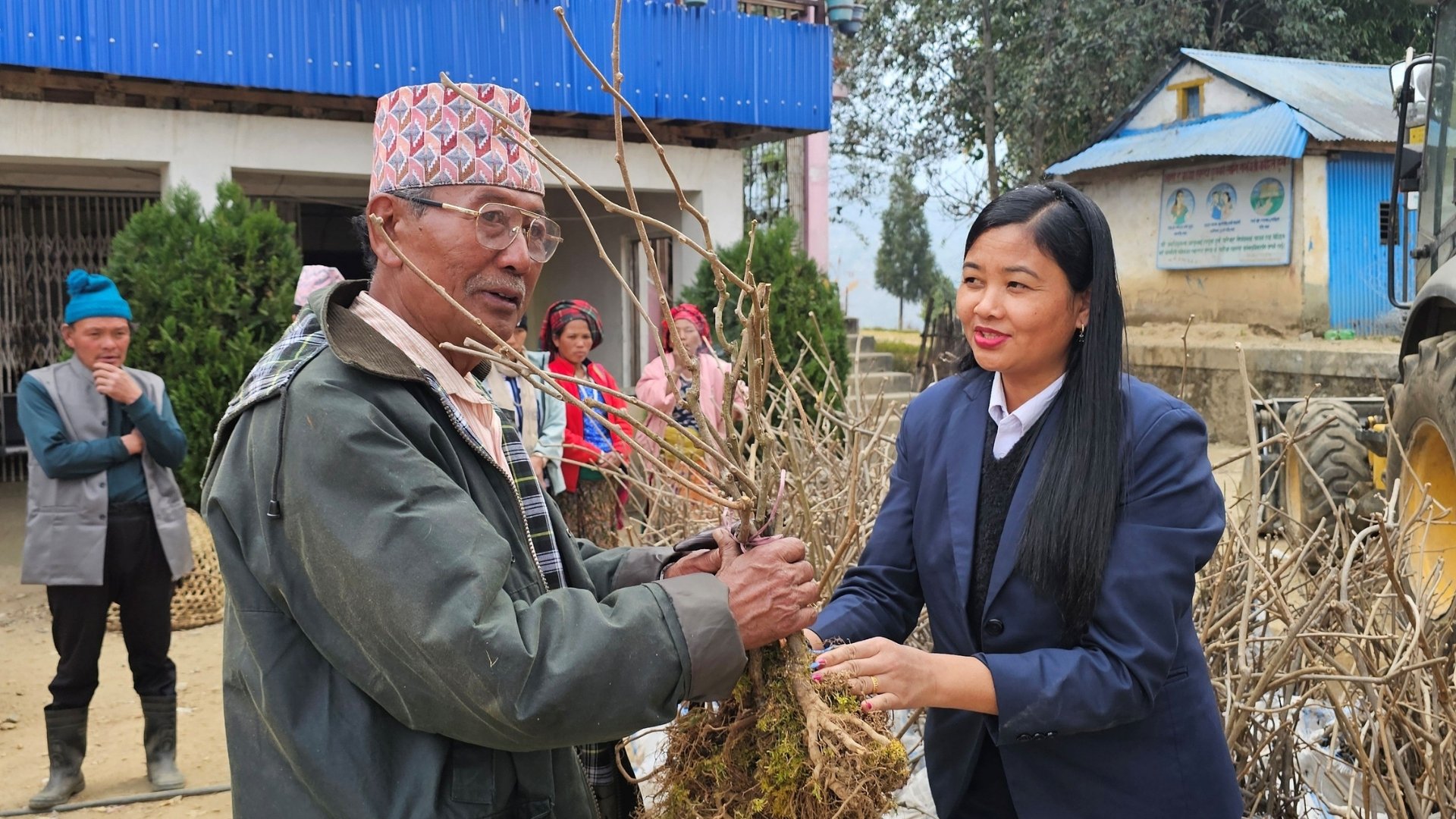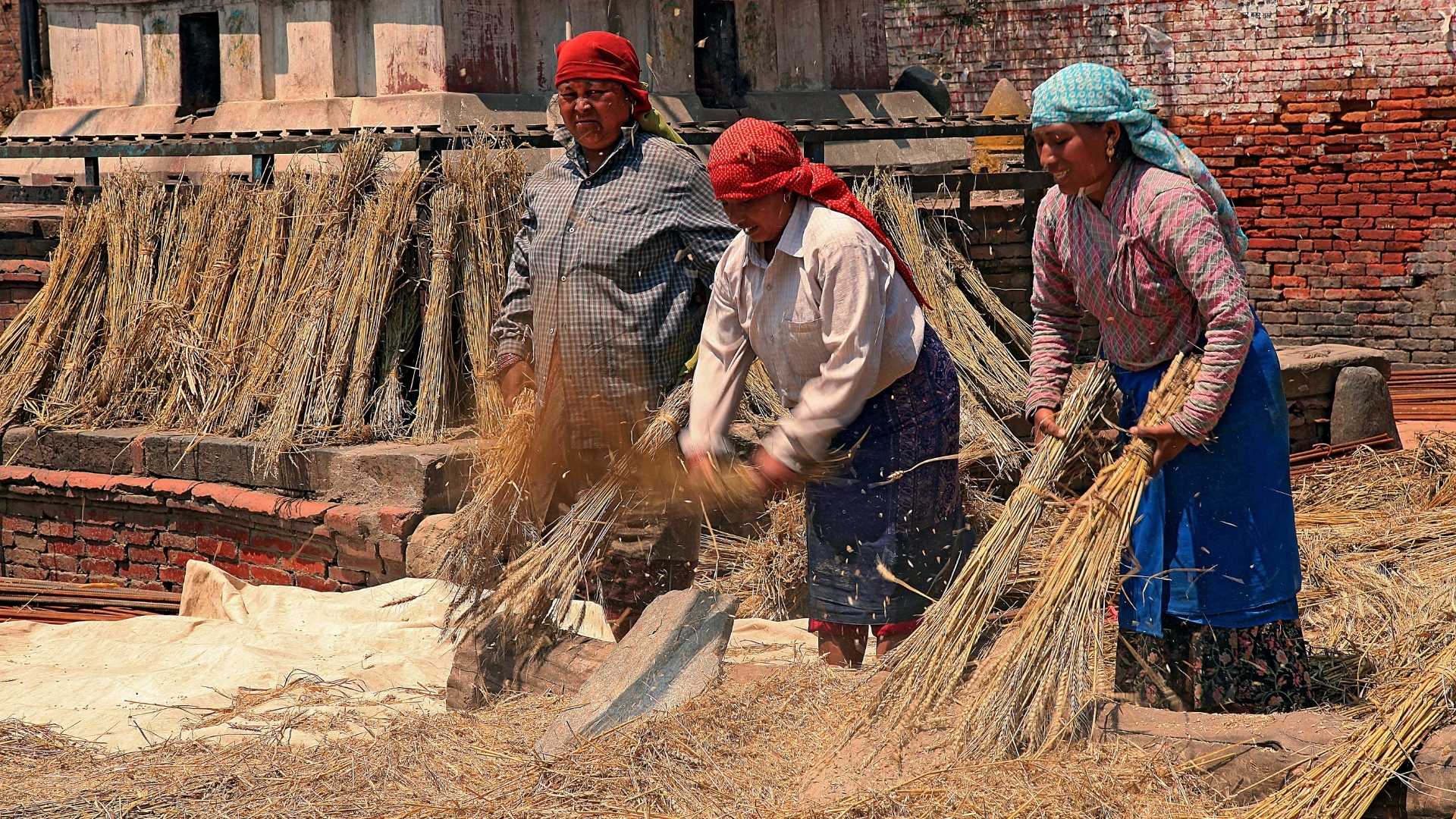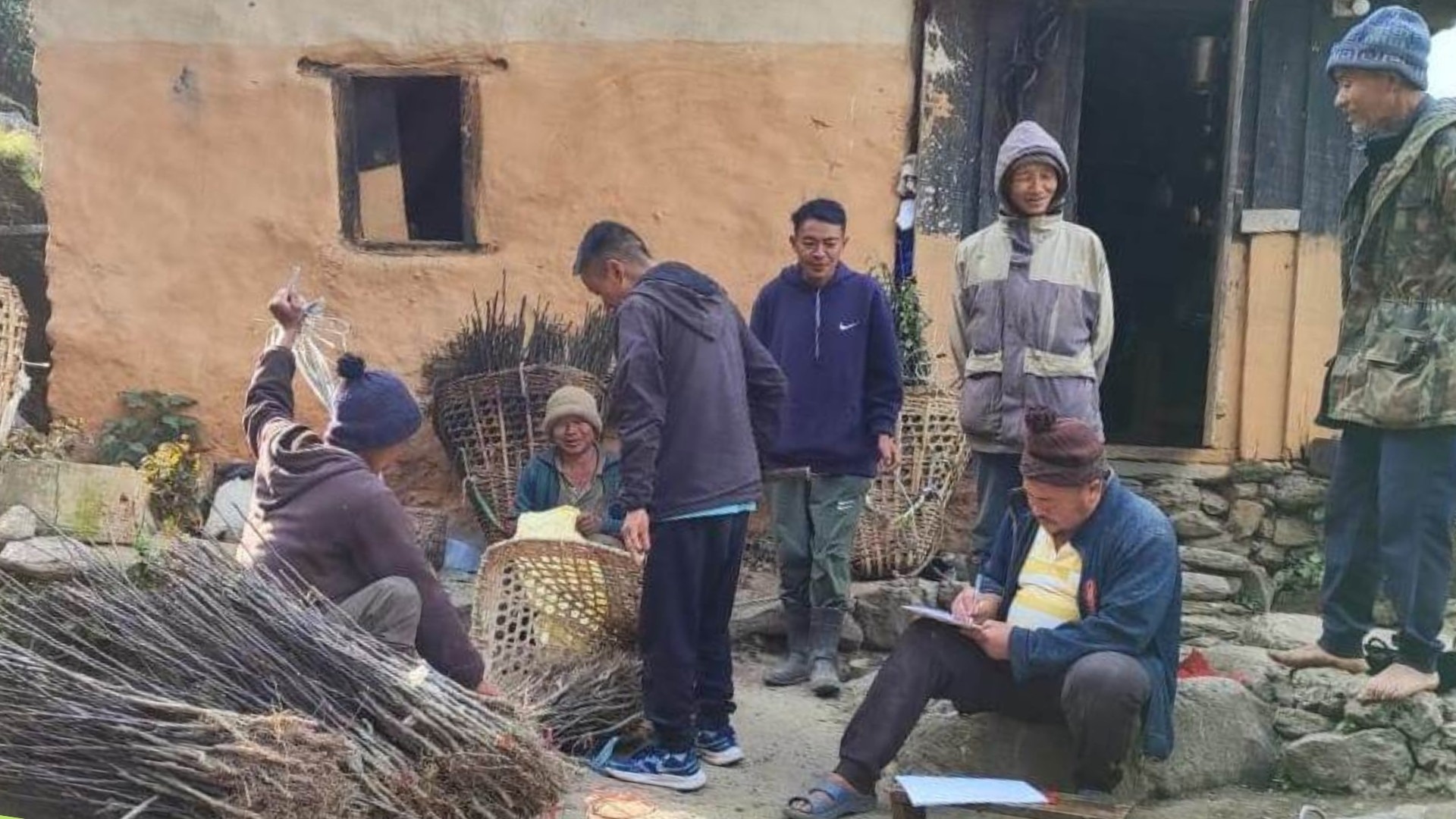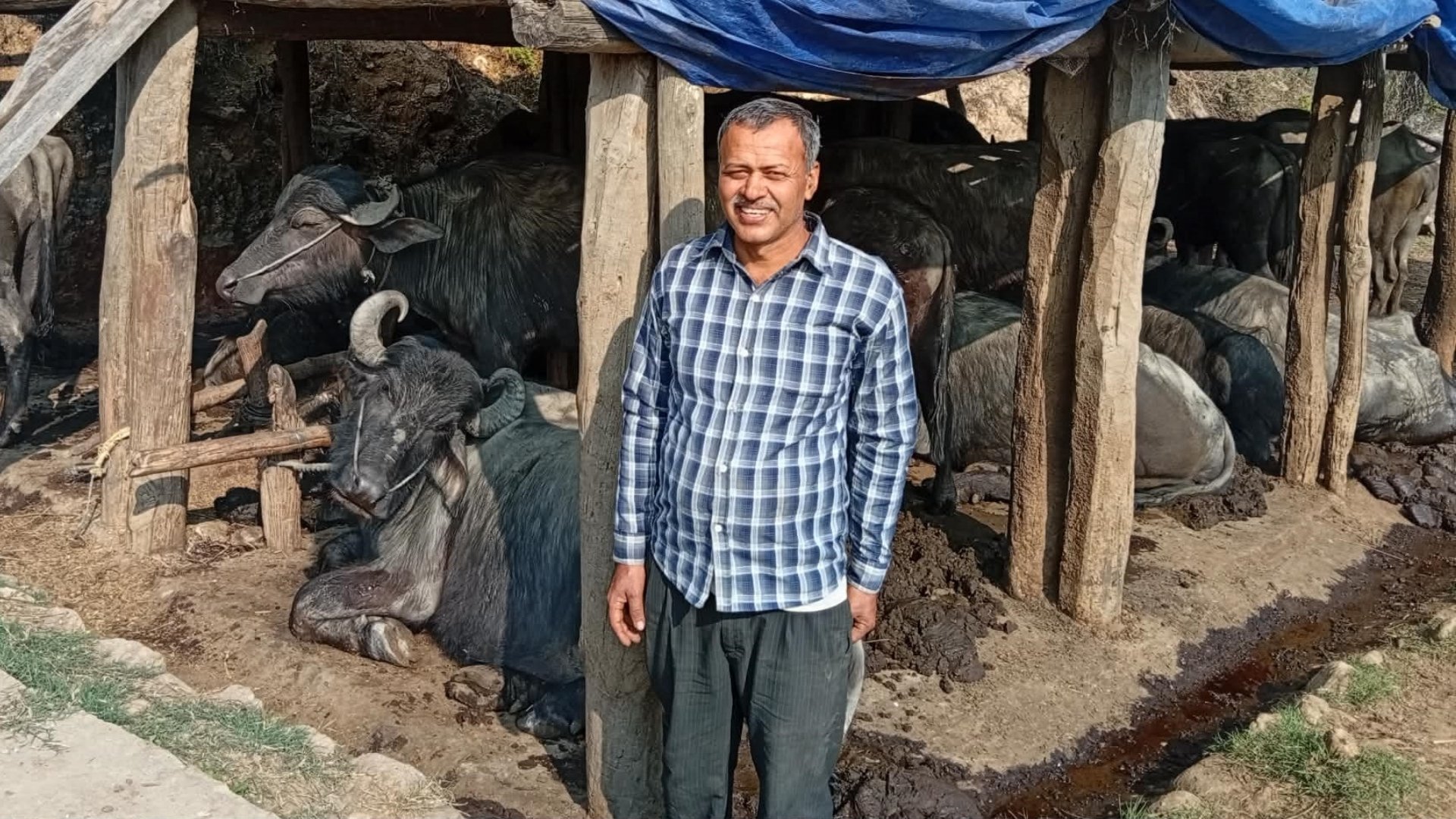Coffee has found a special place among Nepal’s younger generation. Whether it’s to kick off the day or unwind after a long one, coffee has become a reliable companion. From casual meetups with friends to professional discussions, coffee and cafés have become the go-to setting.
Located in Kalikasthan, Himalayan Coffee Beans has emerged as a favorite destination for coffee lovers. Since opening its doors in 2016, the café has been serving a wide variety of coffee to enthusiasts for nearly a decade.
A dream from beans to cups
Hailing from Ramechhap, Janak founded Himalayan Coffee Beans with a vision of delivering coffee from bean to cup. Over the last ten years, he has immersed himself in every aspect of the craft—from roasting beans to operating a café.
“While working various jobs, I developed a strong interest in coffee,” he recalls. “Eventually, I felt the need to start something in Nepal—and that’s how Himalayan Coffee Beans was born.”
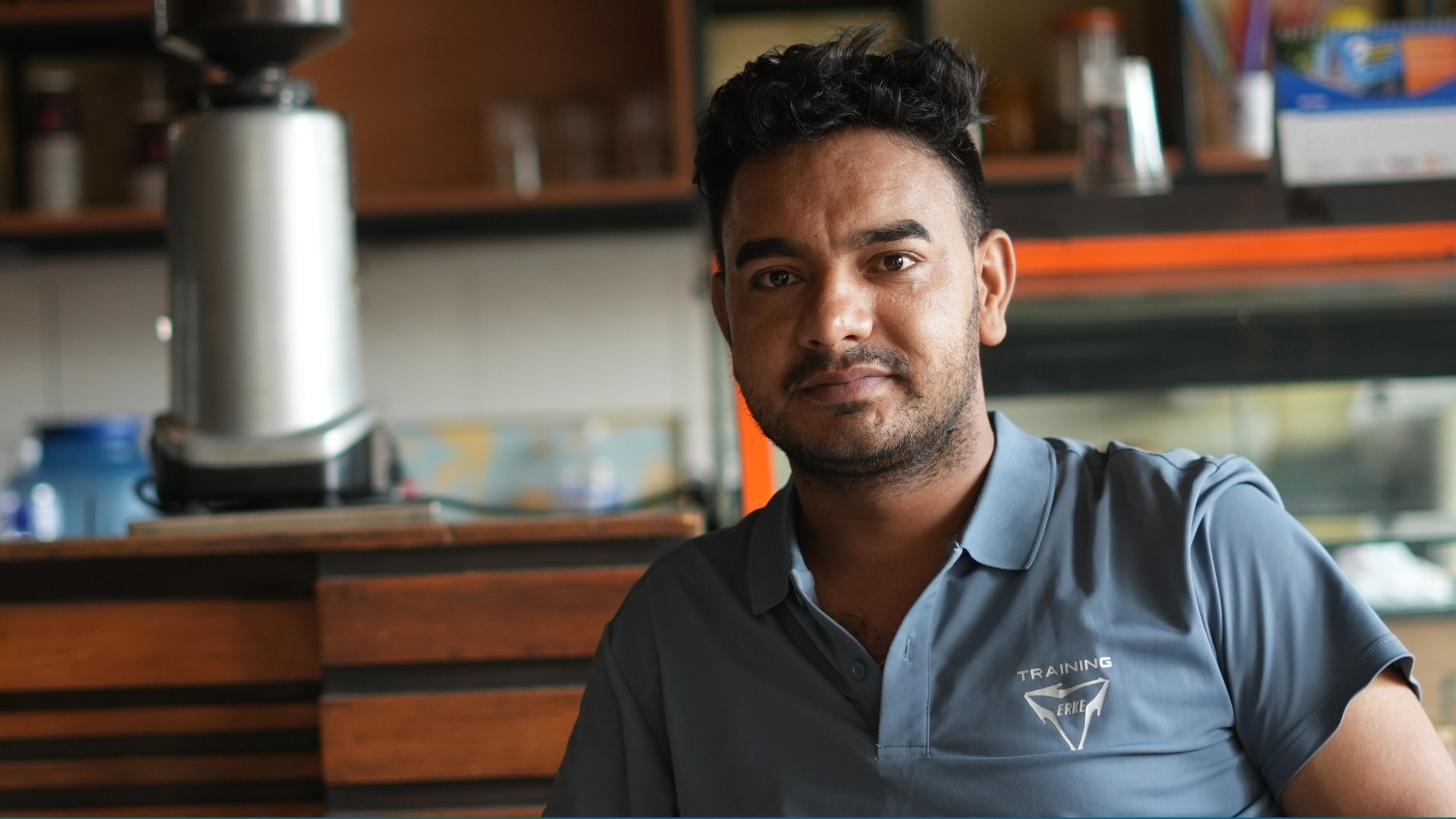
But the journey had begun much earlier. Janak first came to Kathmandu for his studies. While searching for work, he landed a job at Himalayan Java, a well-known café where he got his first hands-on experience with coffee culture. There, he not only learned how to brew coffee but also understood key elements such as ideal roasting temperatures and preserving flavor during the process.
After spending 5–6 years gaining experience in the industry, Janak decided to launch his own venture. He combined his skills, insights, and vision to create Himalayan Coffee Beans—not just as a café or a coffee bean seller, but as a space where people could experience the full journey of coffee.
From concept to expansion
From day one, Janak focused on both aspects of the business: operating a café and selling roasted beans. Over the years, he expanded gradually—selling to restaurants, opening additional branches, and building a reputation.
The challenge of building a brand
Turning a coffee business into a recognizable brand is no small feat. Janak emphasizes that success requires vigilance across many fronts. “It’s not just about delivering good coffee,” he says. “You have to manage everything—from backend logistics to staff coordination.”
When starting out, Janak made a significant investment. He imported a top-tier roasting machine from the Turkish brand Toper, which cost around NPR 2–2.2 million. His espresso machine added another NPR 400,000–500,000. In total, his initial investment reached nearly NPR 3 million.
He also experimented along the way. His original café, located behind Kathmandu Mall, was later relocated to Kalikasthan. There, both roasting and brewing are done on-site—bringing the bean-to-cup experience full circle.
At one point, Janak collaborated with several restaurants on a profit-sharing model where he managed the coffee operations. However, over time, that approach became less sustainable. He eventually withdrew from some locations, though his services continue in a few.
“Nowadays, I’m more focused on expanding my own cafés rather than partnering with others,” he shares. “After Kalikasthan, I opened another branch in Suncity.”
Training along with tasting
Himalayan Coffee Beans is not just a place to enjoy coffee—it also offers barista training. Janak notes that the training program at their Kalikasthan branch is being further structured and professionalized.
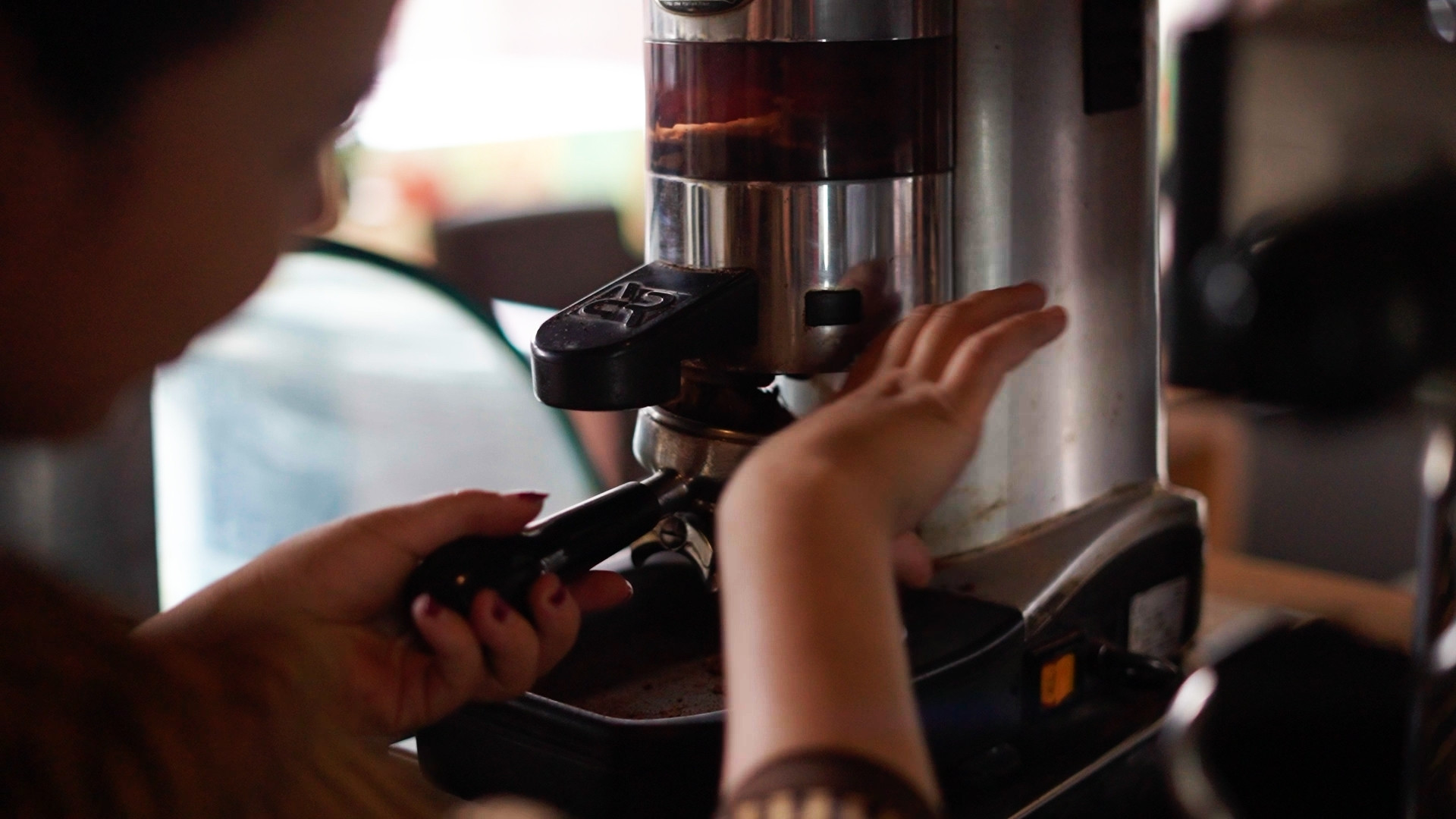
“We’re preparing to launch a new course that covers everything from the plant to the cup,” he says. “We already train people in both roasting and brewing.”
Growing demand, limited supply
Nepal does not currently produce enough coffee to meet growing demand. Due to limited domestic production, Janak explains, a significant portion of coffee is now imported from India.
With café culture rapidly expanding, Nepalese-grown coffee is often only enough to meet demand for about six months of the year. The rest must be imported.
At Himalayan Coffee Beans, both Nepali and Indian beans are now used. “Importing from India allows us to maintain a consistent supply,” Janak says.
Currently, their roasted coffee products are distributed not only in Kathmandu, Lalitpur, and Bhaktapur but also in cities like Butwal, Pokhara, and Dhangadhi. Coffee under the Himalayan Coffee Beans brand is sold directly to cafés, restaurants, offices, and private homes.
They roast between 200 to 300 kilograms of coffee beans daily, totaling nearly 4 tons per month.
Beans: The soul of Coffee
For Janak, the most important element in coffee is the bean itself.
“First and foremost, the beans must be of good quality. Then comes roasting,” he explains. “Even roasting 10 seconds too long can change the flavor.”
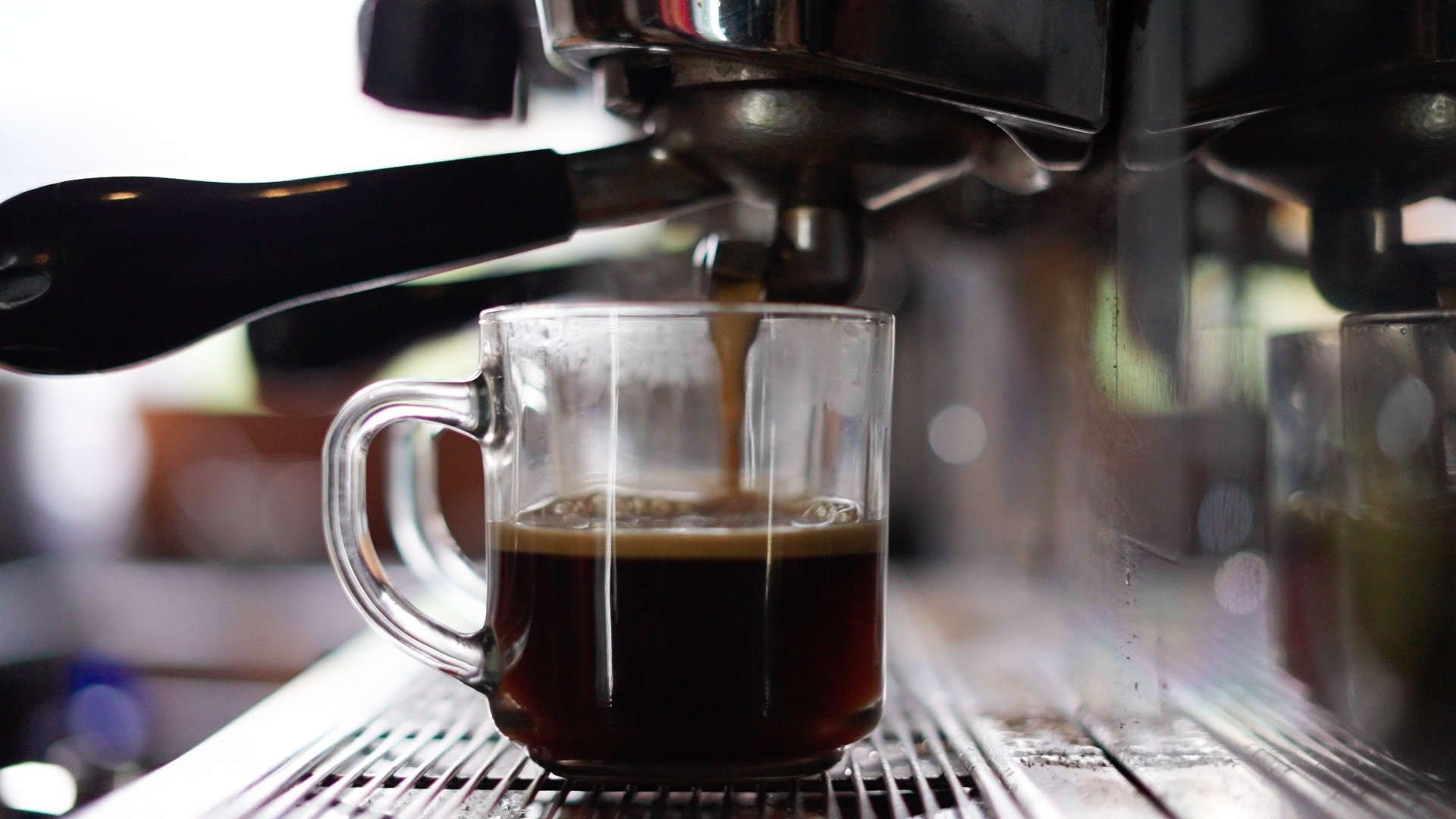
The quality of the final cup, he says, depends on three things: bean quality, roasting precision, and the barista’s skill. If any of these fall short, the coffee in the cup won’t meet expectations.
Reflecting on the journey
Looking back to 2016, Janak recalls, “At that time, there were only a handful of cafés. Now, there’s one on every corner.”
As coffee culture has grown, so has the market—making it easier to promote products and build a brand.
Today, Himalayan Coffee Beans employs seven people. Customer footfall is steady, and the business continues to grow. It was Nepal’s untapped potential in coffee that initially drew Janak into the field.
“Like many others, the COVID-19 pandemic was incredibly tough,” he remembers. “At that time, survival mattered more than business.”
He temporarily shut down his café and returned to his village. But once the situation improved, he resumed operations.
At one point, Janak even tried cultivating coffee in his hometown of Ramechhap. However, the cold climate—particularly the frost—proved unsuitable. Though that project was halted, he plans to explore alternative locations for coffee farming in the future.
More than a brew, it’s a calling
For Janak, coffee isn’t just about flavor—it’s about passion and purpose.
“I truly enjoy this field,” he says. He believes that no matter the business, patience is essential, and every challenge has a solution. “Before starting any venture, you need vision and solid research,” Janak advises. “Only then can a business find the path to success.”


